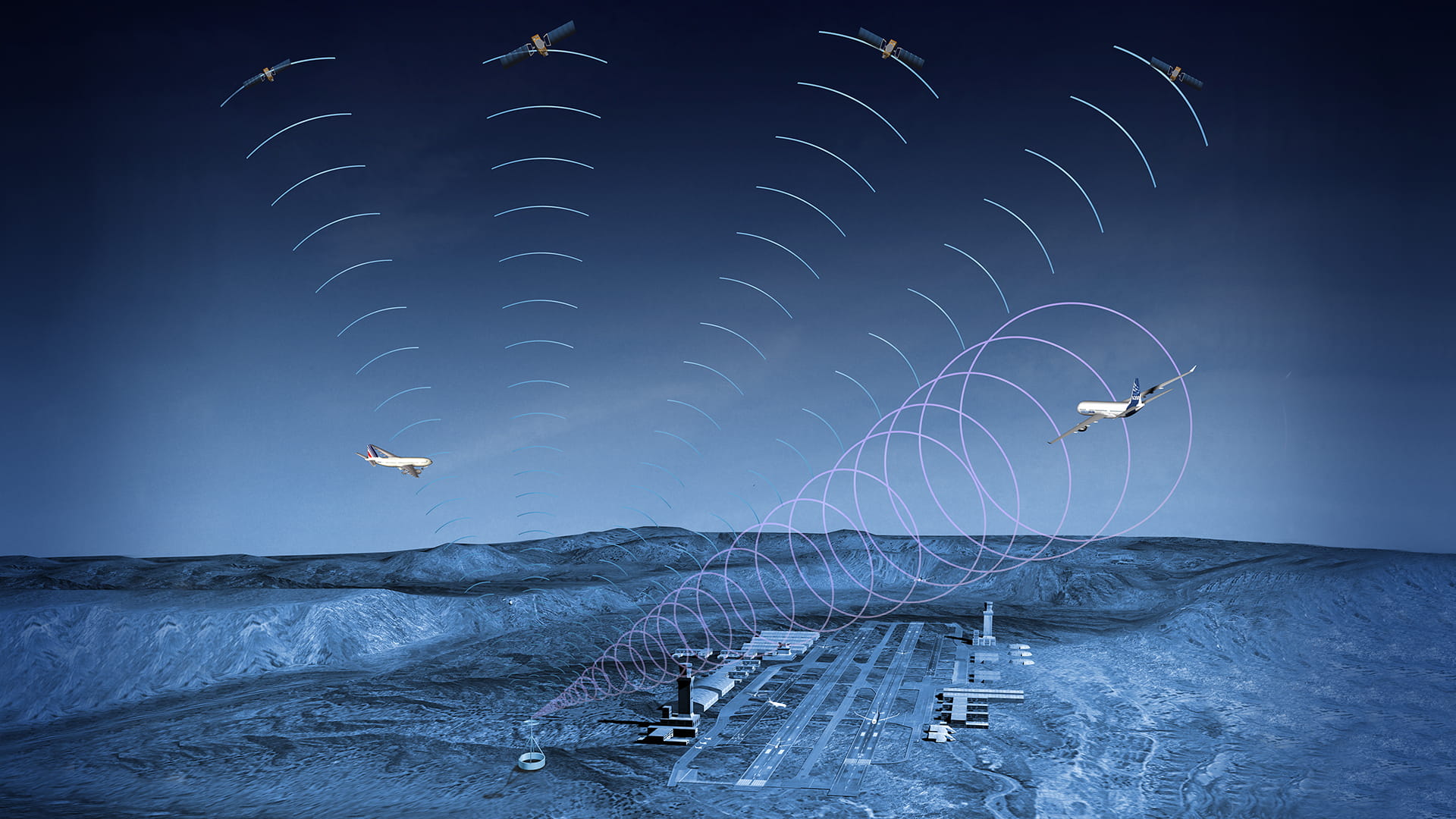Mike McDowell
Sales
North America
Air Transport Comm/NavMarketing
The MUGG project – multi-mode Global Positioning System (GPS) and Galileo project – was initiated by the European Global Navigation Satellite System Agency (GSA) to develop an aviation Satellite-based Augmentation System (SBAS) dual-frequency multi-constellation (DFMC) receiver, representative of the next-generation dual-frequency multi-constellation Global Navigation Satellite System (GNSS) aviation receivers.
Led by Collins Aerospace in collaboration with Pildo Labs, the MUGG project actively supports future civil aviation GNSS receivers standardization and certification. Support is implemented through a prototype of the latest EUROCAE ED-259 – minimum operational performance standards (MOPS) for Galileo/GPS/SBAS airborne equipment – and in-flight demonstration of the enhanced capabilities.
GNSS evolution with an increased number of satellites and new signals, available due to DFMC, enables the GNSS navigation computation to have improved accuracy, integrity and availability. These efficiencies increase the detection and mitigation capability of the GNSS with regards to radio frequency, ionospheric interference and multipath. As a result, the GNSS improves navigation capabilities worldwide.

DFMC SBAS ensures sufficient availability of LPV – localizer performance with vertical guidance – approaches in extended SBAS service areas. Advanced receiver autonomous integrity monitoring (RAIM) complements SBAS service while providing better performance than traditional RAIM.
The GSA and Collins Aerospace are collaborating to integrate and demonstrate the DFMC SBAS functions into our GLU-2100 multi-mode receiver. The DFMC SBAS receiver development project started in November 2019 and will last for 30 months. It will be concluded with a flight test campaign on various commercial fixed-wing and rotorcraft platforms.
The GLU-2100 will contribute to the validation of the ED-259A MOPS under development within the joint EUROCAE WG-62/RTCA SC-159 working group.
Pildo Labs’ experience in GNSS and flight tests offers many types of platforms and environments to expose the solution during the flight test campaign, improving the value of the test results. This will provide consolidated material to share with different stakeholders from the standardization committee.
Mike McDowell
Sales
North America
Air Transport Comm/NavMarketing
Nadia Ammour
Technical Support